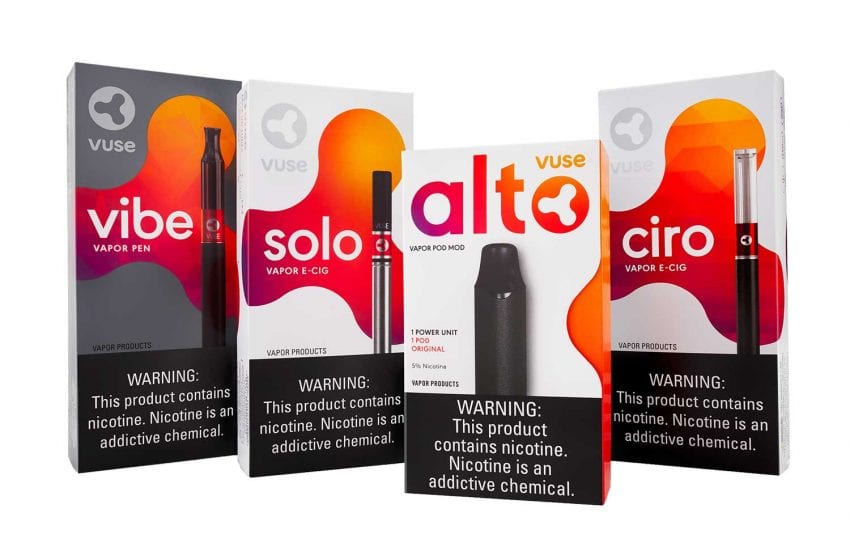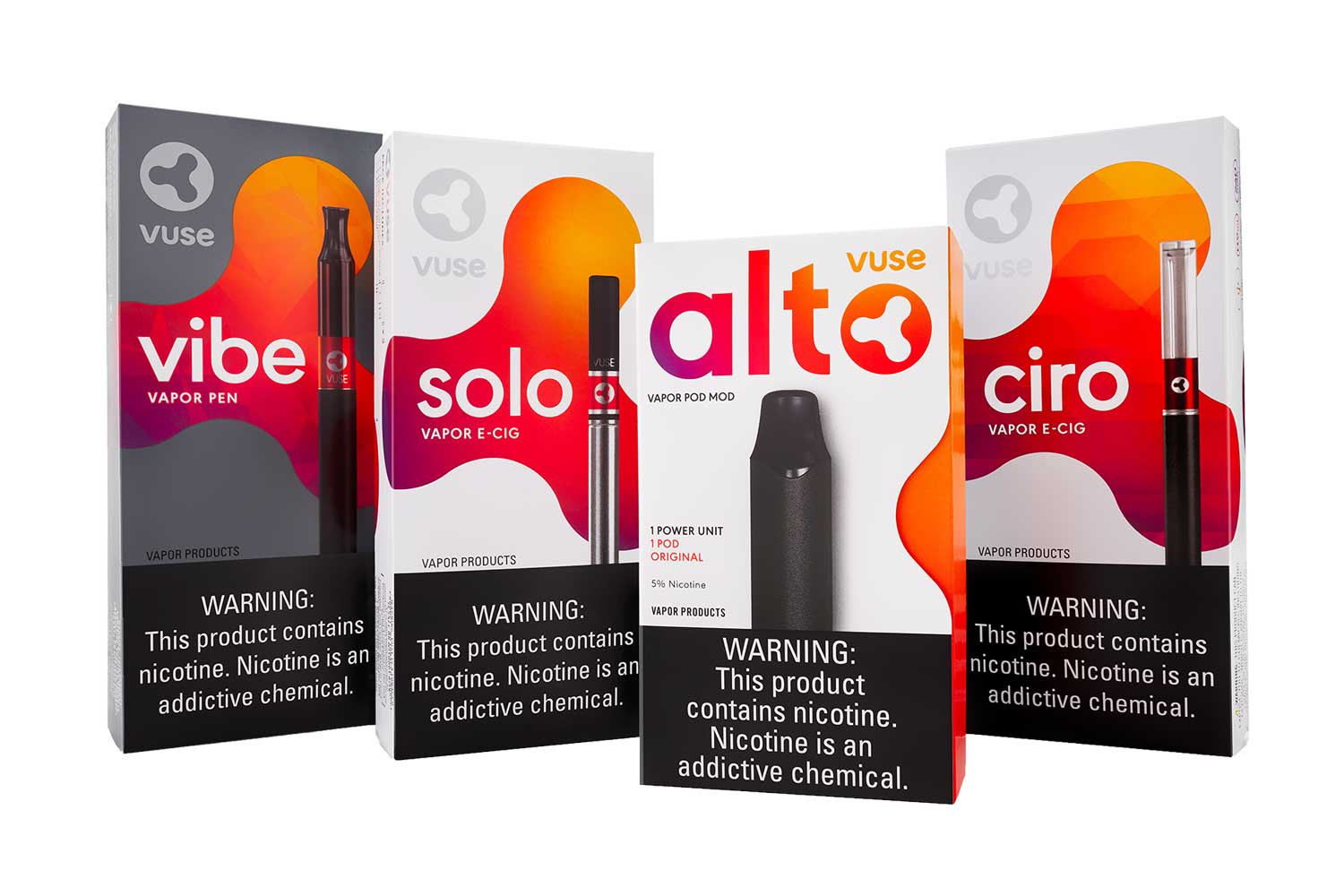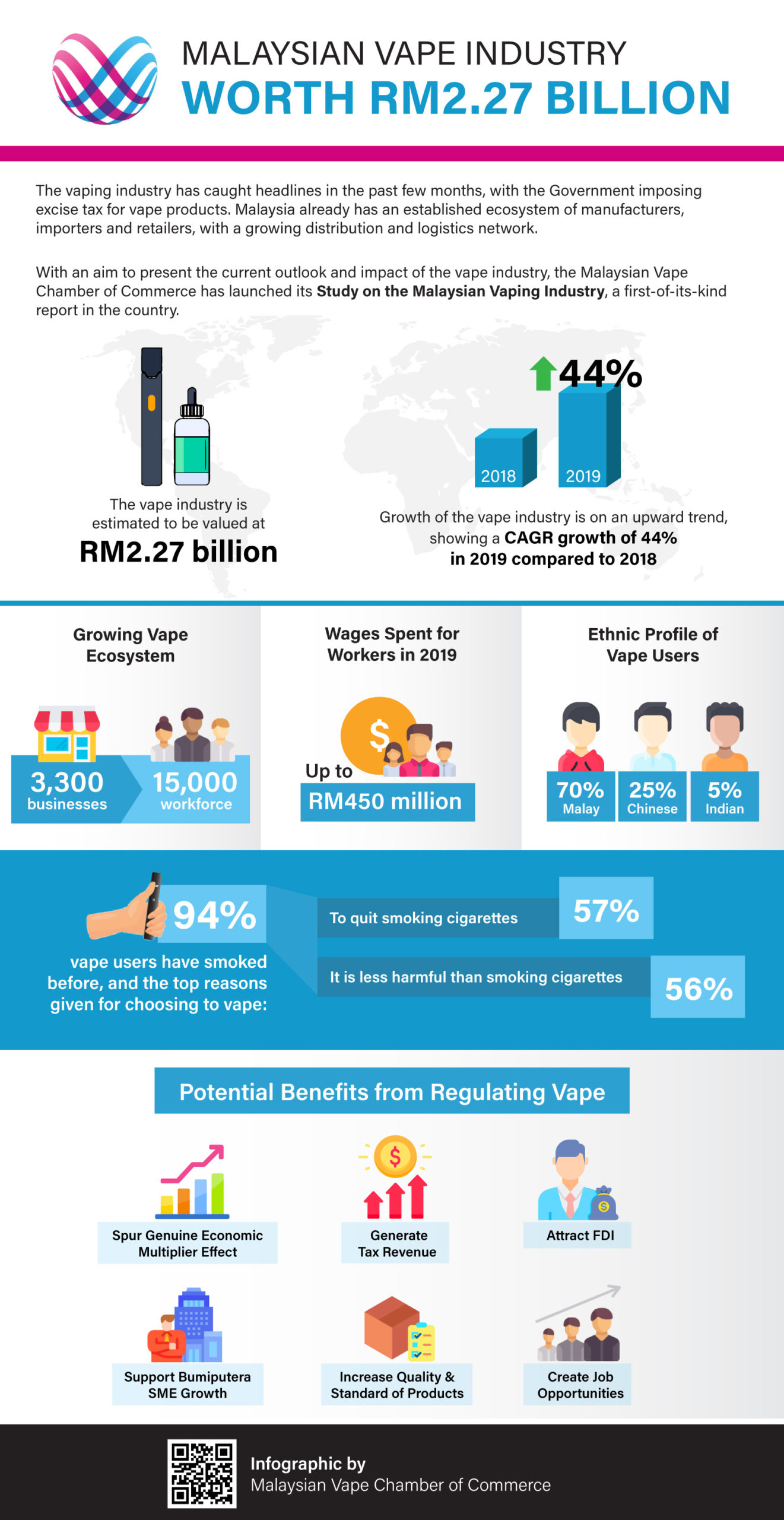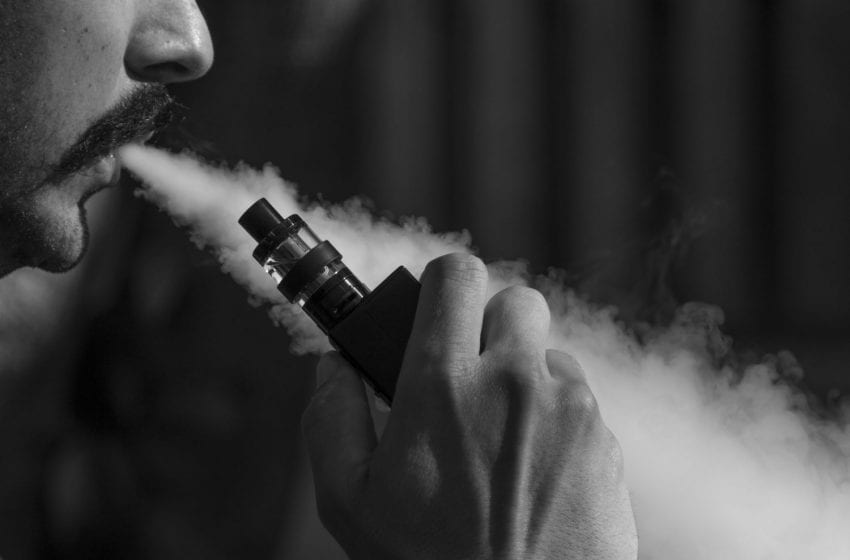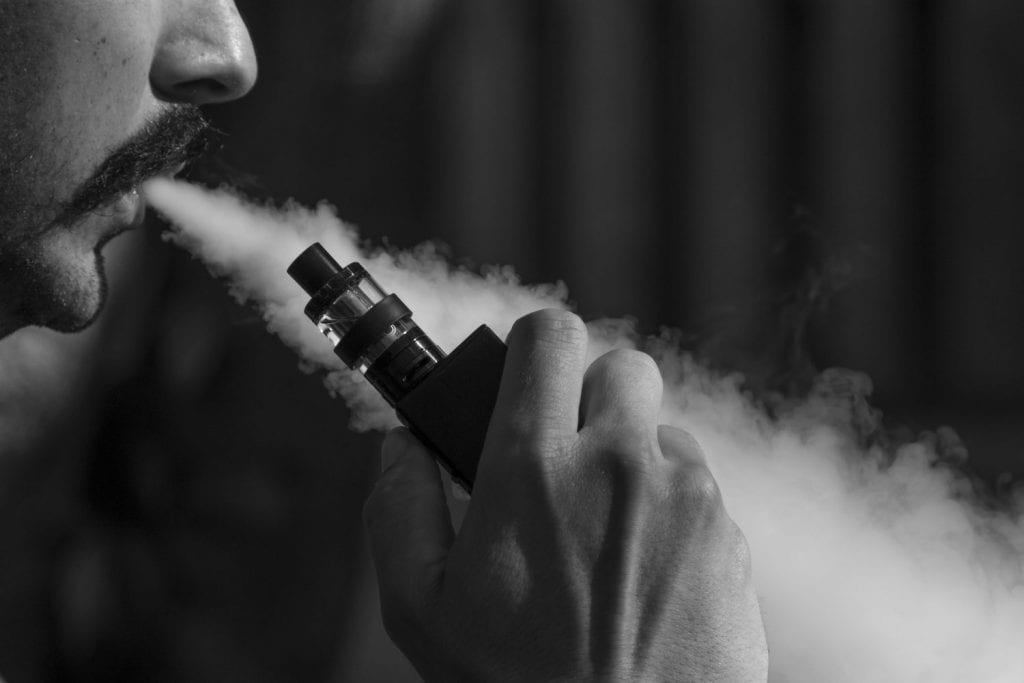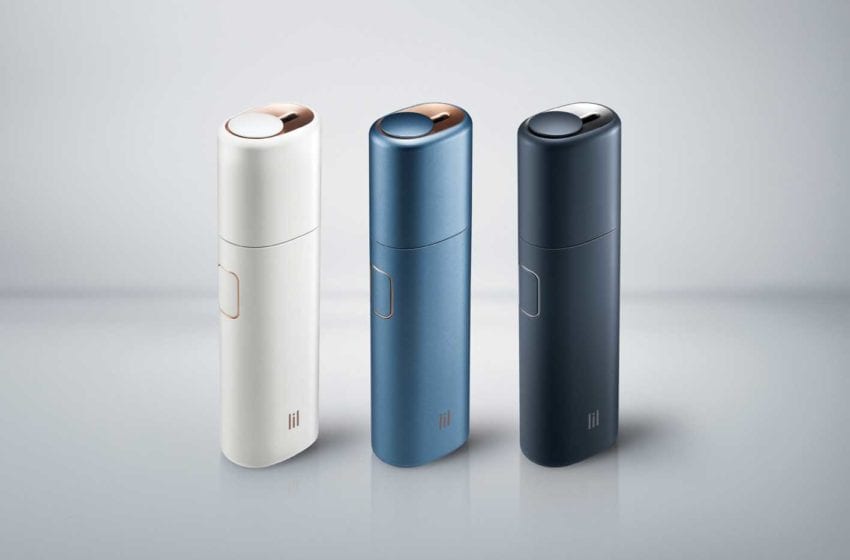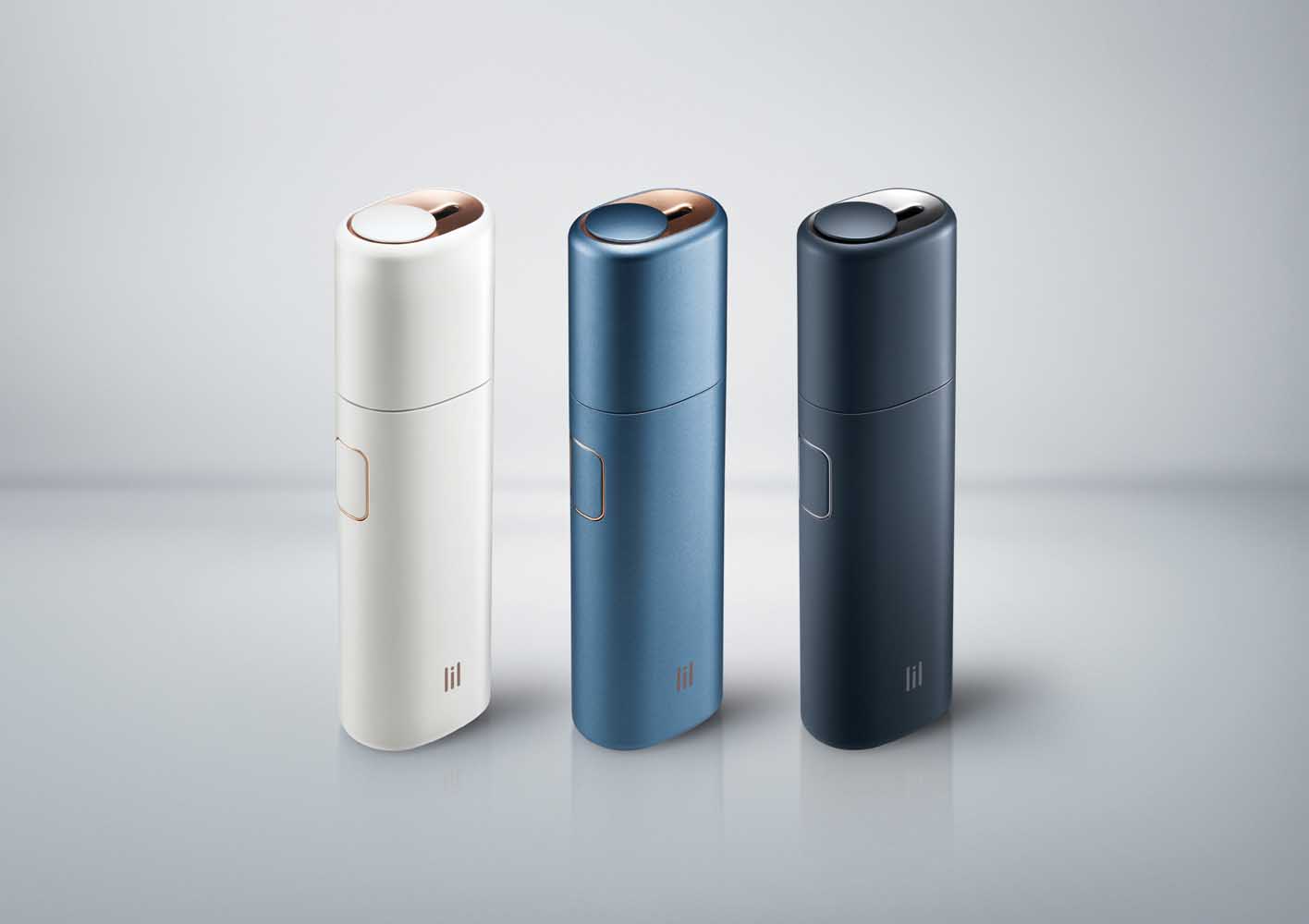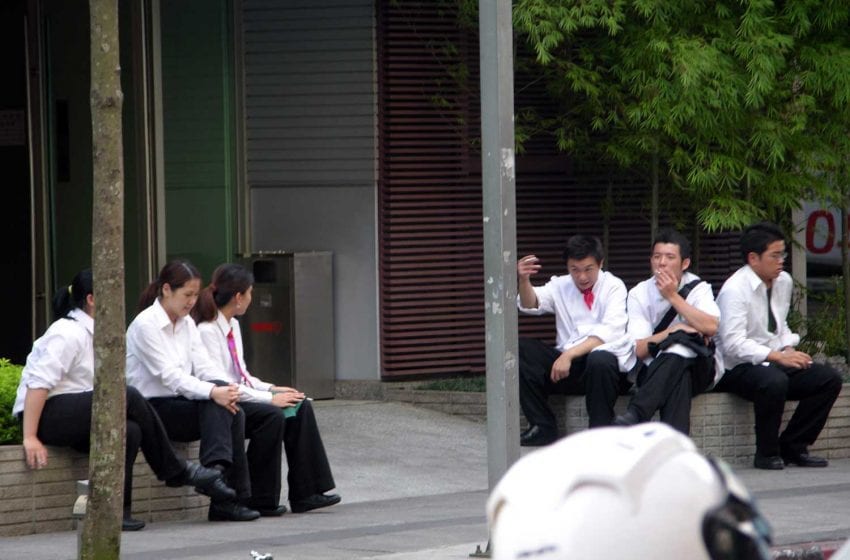Bidi Vapor successfully completed the regulatory process to enter four new, significant markets. Bidi Vapor’s primary offering, the Bidi Stick is a closed system disposable electronic nicotine-delivery system (ENDS).
Bidi Vapor recently successfully received premarket authorization from the United Kingdom’s regulatory body, the Medicines and Healthcare products Regulatory Agency, to sell and market Bidi Vapor products through Kaival Brands in the U.K.
Moreover, Bidi Vapor has successfully completed all necessary certifications and finished the process for distribution approvals to market and sell products in Russia, New Zealand and Australia.
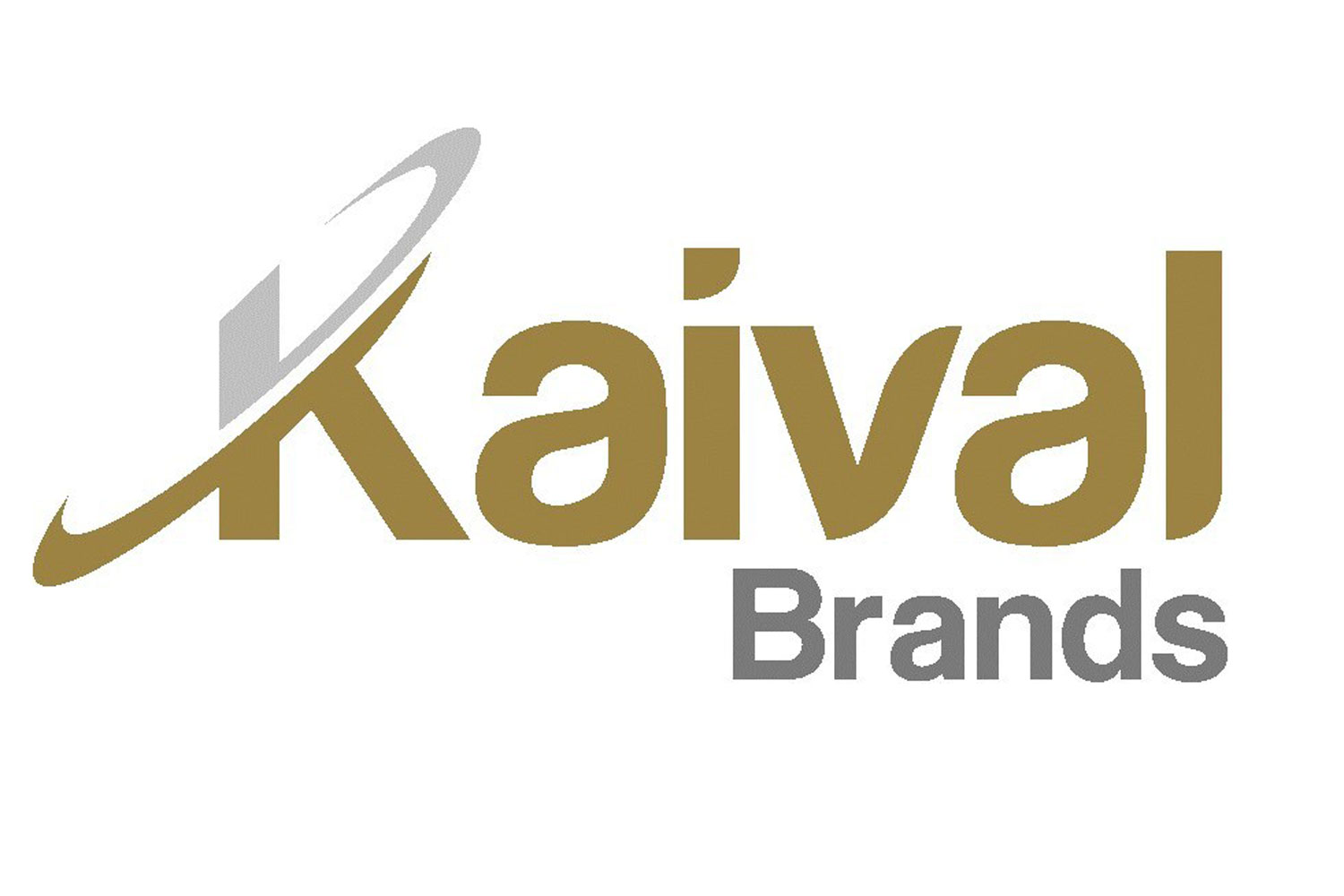
Once Kaival Brands solidifies local distribution agreements, we will begin to sell and market our full scope of products.
Niraj Patel, CEO Kaival Brands
“We are extremely excited to roll out Bidi Vapor products in four significant, new markets for us,” said Niraj Patel, Kaival Brands’ CEO in a statement. “Once Kaival Brands solidifies local distribution agreements, we will begin to sell and market our full scope of products. We believe our first sales in each of these new regions will occur within the next six months with U.K. being the first.”
Kaival Brands will showcase its Bidi Stick at the VOXPO virtual trade show on April 28–30.
“We believe the Bidi Stick will be a welcomed entry into the U.K. market as long-time adult cigarette smokers look to transition to ENDS products,” said Patel, who is also president and CEO of Bidi Vapor.
“While the VOXPO conference is our first international show, we anticipate participating in similar events in Australia, New Zealand and Russia. We see ample opportunity in these new markets, as the success we’ve seen in the United States shows us that once consumers discover an e-cigarette that can provide them a consistent, premium experience, they will welcome the option.”


